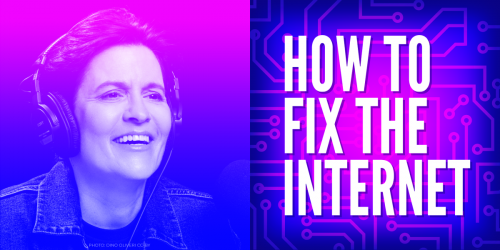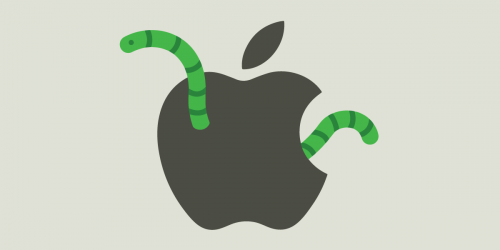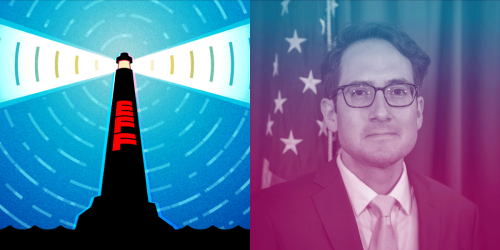When an ISP decides to exempt certain applications or services from cutting into a user's data cap, that's zero rating. And the evidence is in that it conclusively makes broadband more expensive.
A comprehensive multi-year study by the non-profit Epicenter.works, comparing the 30 member countries of the European Union (EU) on net neutrality enforcement, has found that zero rating business practices by wireless carriers have increased the cost of wireless data compared to countries without zero rating. This directly contradicts all of the assertions by major wireless carriers that their zero rating practices are “free data” for consumers.
Based on the evidence, zero rating not only serves as a means to enhance ISPs’ power over the Internet, but it’s also how they charge consumers more money for wireless service. Zero rating was originally going to be banned by the FCC under the General Conduct Rule, but when the FCC changed leadership the agency promptly green lighted and encouraged the industry to engage in zero rating practices before it began its repeal of net neutrality.
Zero Rating Is Anti-Competitive, Not “Free Data”
EU countries that do not have zero rating practices enjoyed a double digit drop in the price of wireless data after a year. In comparison, the countries with prevalent zero rating practices from their wireless carriers consistently saw data prices increase. This makes sense; carriers have an incentive to raise the costs of exploring alternatives in order to make their preferred, zero-rated choice of content more attractive. However, once that incentive is removed, the wireless carrier no longer has a reason to raise the cost of alternatives because nothing is given special treatment. In short, zero rating practices cost you more money.

Source: Epicenter.works study analyzing price changes between countries with and without zero rating practices.
Furthermore, EFF has raised anti-competitive concerns about how zero rating can be leveraged by ISPs playing gatekeeper to distort consumer traffic to favor large Internet companies willing to pay for preferential treatment. That includes ISP “self-dealing” with affiliated services to the detriment of startups and new entrants. In fact, the entire wireless industry knows from their own studies that zero rating drives their customers to prefer zero rated content over alternatives. Hence zero rating serves as a powerful means for ISPs to pick winners and losers and shape consumers’ Internet experience. EFF raised these concerns specifically regarding the AT&T merger with Time Warner–HBO, where we predicted the ISP network would self-deal with its newly acquired content to the disadvantage of alternative video providers—which is exactly what it did.
Zero Rating Favors Large Established Internet Companies over Smaller Internet Companies
The Epicenter.works study also measured how many zero rating agreements Internet companies enter across the EU zone. It found that the more fragmented the ISPs made the Internet with multiple zero rating practices for different services and applications, the larger the drop-off from Internet companies capable of engaging in those practices. In fact, a vast majority of Internet applications and services can only manage one to three agreements with ISPs because, in order to be welcomed into the zero rated club, an Internet company has to take on various new obligations (and thus spend more money) before their product can be properly identified and zero rated.

Epicenter.works analysis of the maximum number of zero rating arrangements Internet companies were entering with ISPs
One company with only 200 employees, Vimeo, asserted to German regulators that it was unable to sustain the resources required to engage in zero rating agreements with Deutche Telekom (which owns T-Mobile). This makes sense: zero rating agreements are effectively established contractual relationships between an ISP and Internet services that carry with them an ongoing burden of satisfying the ISP's demands. In contrast, broadband service in the absence of zero rating levels the playing field, with no looming requirement for small companies to negotiate with an ISP for preferential treatment if they want to remain competitive.
Zero Rating Disproportionately Harms Low-Income Users
The harms from ISP-directed zero rating are not limited to stifling competition and making everyone’s wireless services more expensive. The practice also has a disproportionate impact on low-income users. These users tend to only be able to afford wireless broadband services for their entire Internet experience, resulting in them receiving an inferior Internet compared to users who can afford both a wireline and wireless service.
When the issue of zero rating came before California during its debate on net neutrality, California organizations that represent low-income Californians (such as the Western Center on Law and Poverty) as well as organizations that promote the digital civil rights of communities of color (such as the Center for Media Justice and Color of Change) all came out in strong support for California banning on zero rating.
Now, this newest comprehensive study reinforces the point that zero rating fundamentally makes the Internet more expensive for all of us. With this knowledge, we should cast a wary eye on wireless carriers’ offers of “free data” in the future, and prohibit the practice when we can restore net neutrality at the federal level.













